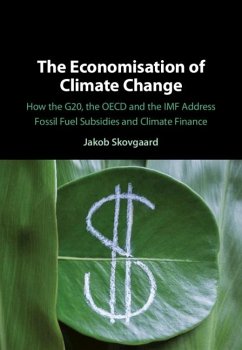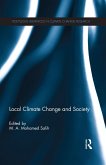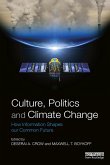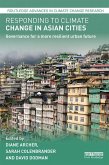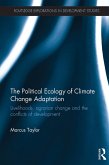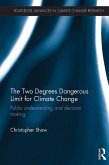The effort to address climate change cuts across a wide range of non-environmental actors and policy areas, including international economic institutions such as the Group of Twenty (G20), International Monetary Fund (IMF), and the Organisation for Economic Co-operation and Development (OECD). These institutions do not tend to address climate change so much as an environmental issue, but as an economic one, a dynamic referred to as 'economisation'. Such economisation can have profound consequences for how environmental problems are addressed. This book explores how the G20, IMF, and OECD have addressed climate finance and fossil fuel subsidies, what factors have shaped their specific approaches, and the consequences of this economisation of climate change. Focusing on the international level, it is a valuable resource for graduate students, researchers, and policymakers in the fields of politics, political economy and environmental policy. This title is also available as Open Access.
Dieser Download kann aus rechtlichen Gründen nur mit Rechnungsadresse in A, B, BG, CY, CZ, D, DK, EW, E, FIN, F, GR, HR, H, IRL, I, LT, L, LR, M, NL, PL, P, R, S, SLO, SK ausgeliefert werden.

